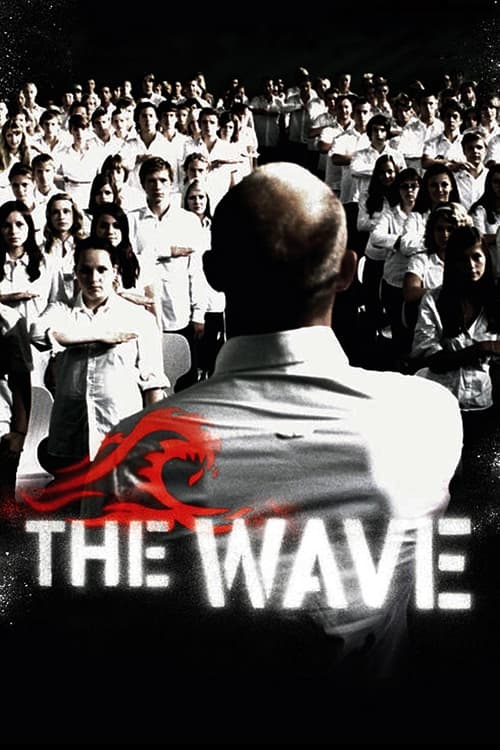
Title: The Wave
Year: 2008
Director: Dennis Gansel
Writer: Dennis Gansel
Cast: Jürgen Vogel (Rainer Wenger), Frederick Lau (Tim), Max Riemelt (Marco), Jennifer Ulrich (Karo), Christiane Paul (Anke Wenger),
Runtime: 107 min.
Synopsis: A school teacher discusses types of government with his class. His students find it too boring to repeatedly go over national socialism and believe that dictatorship cannot be established in modern Germany. He starts an experiment to show how easily the masses can become manipulated.
Rating: 7.486/10